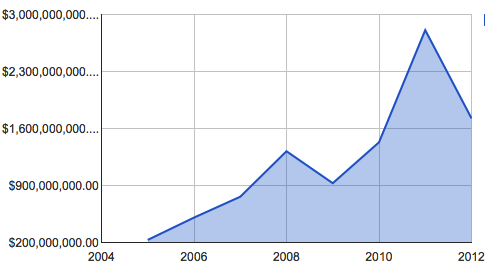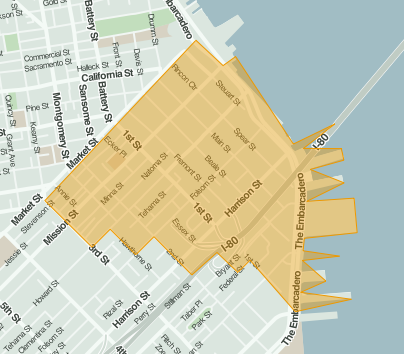Next year I definitely want to apply to Y Combinator. It’s simply not fun anymore to look at a bug list and make it smaller. It’s simply not fun to tell people over and over again to use best practices that are already 5 years old.
Instead, I think it will be more fun to change the world, and maybe in the process do a TED talk called, “How to Defeat Evil.”
I read the Y Combinator Application How-To.
Here are my favorite sound bytes:
‘Whatever you have to say, give it to us right in the first sentence, in the simplest possible terms.’
‘The first question I look at is the 7th, “What is your company going to make?”‘
“The best answers are the most matter of fact. It’s a mistake to use marketing-speak to make your idea sound more exciting. We’re immune to marketing-speak; to us it’s just noise.”
“One test of whether you’re explaining your idea effectively is to ask how close the reader is to reproducing it.”
“One good trick for describing a project concisely is to explain it as a variant of something the audience already knows. It’s like Wikipedia, but within an organization.”
“If a group of founders seemed impressive enough, I’d fund them with no idea.”
“The reason a lot of big companies’ software sucks is that they have some kind of natural monopoly.”
“The best startup ideas are generally outliers that seem crazy to most people initially.”
“If this wasn’t already clear, we’re not looking for the sort of obedient, middle-of-the-road people that big companies tend to hire. We’re looking for people who like to beat the system.”
“Investors are optimists.”
“Most people are threatened by ambition.”
“Tell investors you’re going to start the next Google and they immediately perk up. They don’t default to skepticism, because they like risky bets.”


